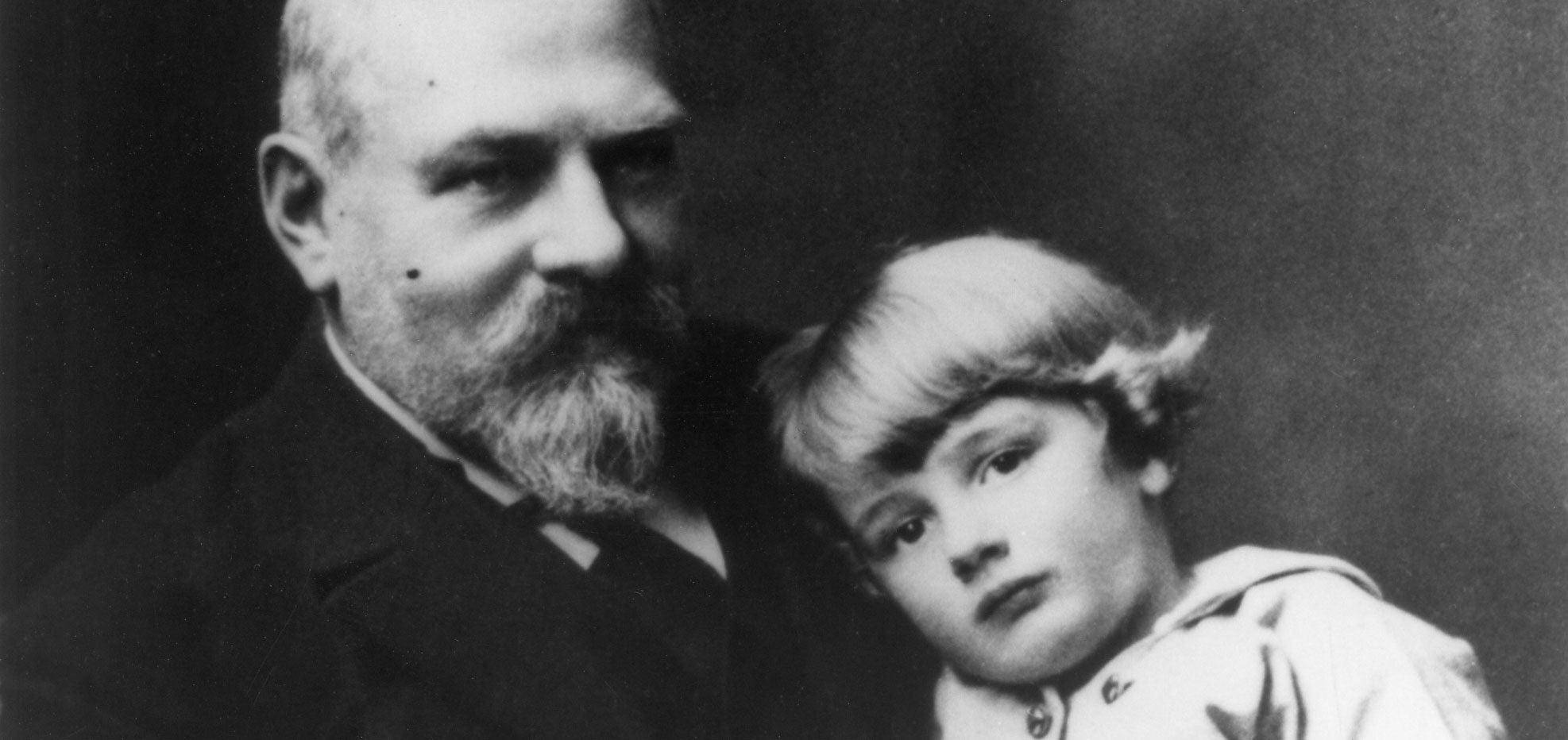Raoul Wallenberg was born into two prominent Swedish families of early twentieth-century Stockholm. His father, also named Raoul Wallenberg, was a young naval officer when he married Maj Wising, the daughter of a celebrated neurologist, in late 1911. Their promising union turned into early tragedy. Cancer took over the young naval officer and he died three months before his son was born.
Raoul Wallenberg was born on August 4, 1912, in the Victorian comfort of his grandmother’s summer home in Kapptsa, near Stockholm. Raoul lived with his mother and grandmother during his early years.
The Wallenberg family was very distinguished both in Sweden and around the world. Raoul’s father was an officer in the Swedish navy and his paternal grandfather, Gustav, was the Ambassador to the Swedish embassy in Japan. Raoul’s uncles, Jacob and Marcus Wallenberg, were successful bankers and founded the Enskilda Bank in Sweden. Other Wallenbergs were diplomats and bishops of the Lutheran Church. His mother also came from a prestigious family. Her father, Per, was Sweden’s first professor of neurology. Maj’s great grandfather was a Jew named Benedicks who settled in Sweden and became a jeweler and eventually the financial advisor to the king.
Maj remarried in 1918, when Wallenberg was 6 years old, to Frederick von Dardel who soon rose to be the administrator of Sweden’s largest hospital, the Karolinska. The von Dardels had two children, Nina and Guy, who grew up with Raoul as close siblings.
Wallenberg was very attached to both his mother and stepfather, who from the time he was young allowed him unusual freedom. Wallenberg’s paternal grandfather, Gustav Wallenberg, was his mentor and confidant. A well-traveled Swedish diplomat, Gustav wanted to keep Raoul free from the narrow concerns of the Swedish bourgeoisie and transform him into a citizen of the world.
Wallenberg’s grandfather took care of his education while he was growing up, having in his mind that he would carry on the tradition of his family as highly respected bankers, diplomats and politicians. In 1930, Raoul Wallenberg graduated from secondary school with top grades in Russian and drawing. He immediately went on to complete his nine months of compulsory military training. Following his service, Gustav Wallenberg sent him to France for a year at the University of Poitiers to perfect his French. He was already proficient in English, German and Russian.
Then, in 1931, Wallenberg decided to follow the tradition established by other men in his family: he pursued a college education in the United States.

